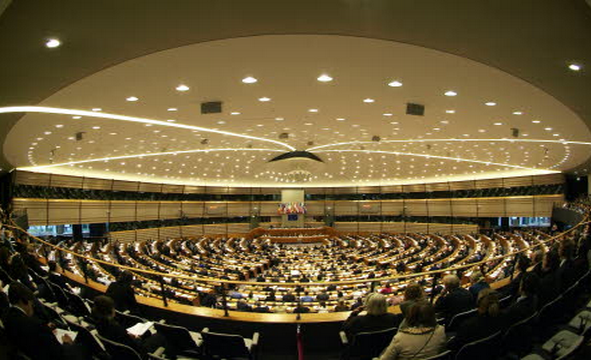The European Parliament has today (8 July 2015) voted in favor of a 2019 start of the proposed ETS reform, the so-called Market Stability Reserve (MSR), with 495 votes to 158 and 49 abstentions. The finalised ETS reform proposal will then be incorporated into the ‘Summer Package’ which the EU will be delivering on 15 July. While an agreement on the ETS reform following long and turbulent negotiations is much needed, let’s take a minute to study what exactly the European Parliament and European leaders have agreed to.
On 5 May 2015 the European Parliament and European Council reached an agreement on the reform package of the EU ETS. 1 January 2019 was the agreed upon start date for the reform. On the second key element subject to negotiations – the treatment of ‘backloaded’ surplus allowances, the co-legislators decided that these would be placed into the MSR rather than returned to the market.
While welcoming the decision to place previously backloaded allowances into the reserve, Bellona had hoped for an earlier start date for the reform than 2019.
Innovation and Modernisation Funds: two crucial opportunities for CCS deployment
The conclusion of an agreement on the MSR is of particular importance as it now allows important work on the Innovation and Modernisation Funds to go ahead. In March 2015 Bellona submitted its response to the Commission-conducted consultation on the design of the two funds.
“The early implementation and possibility to accumulate funds from the Innovation and Modernisation funds could offer important opportunities for the deployment of Carbon Capture and Storage (CCS)” says Bellona Europa Director Jonas Helseth.
For Bellona’s full response to the consultation see here.
CCS taken into account in Commission’s climate finance planning
According to a leaked draft of the ETS reform proposal, dated 30 June, there are some positive signals that funds from the Modernisation Fund could be channeled towards CCS deployment. Note that the Commission does not comment on drafts and the leaked document is likely to have been subject to some changes before publication on 15 July.
The draft text does however, outline that a Modernisation Fund would be established to support investments in the modernisation of energy systems and improving energy efficiency in low-income Member States. An investment board and a management committee, to be composed of Member States’ representatives, the Commission and European Investment Bank, are to determine project selection criteria.
Bellona lists its recommendations for the criteria which should guide the selection process of the Modernisation Fund on page 12 of this document.
On the other hand, the envisaged Innovation Fund, which now includes support for industrial low carbon technologies and processes in industrial sectors, will allow for up to 60% of the project to be covered, representing a 10% improvement in cost coverage from the NER300. The project eligibility criteria for the fund would be determined by the Commission through implementing measures after the proposal has been adopted.
Possibility of a much-needed bridge fund
The leaked Commission document proposes the creation of a bridge fund by making an additional 50 million unallocated allowances from the MSR available to complement existing NER300 resources for the funding of projects before 2021. Bellona shared its concerns about a potential funding gap in its response to the Commission of last March.
“This proposal would be in line with our recommendations and is part of ensuring continuity of funding to crucial climate technologies, such as CCS.” argues Helseth.




